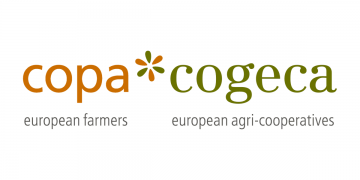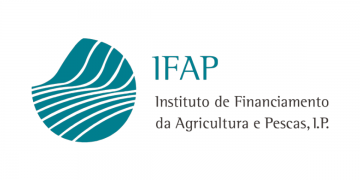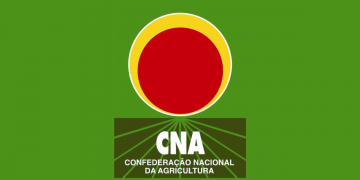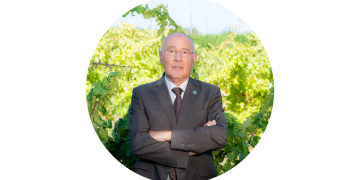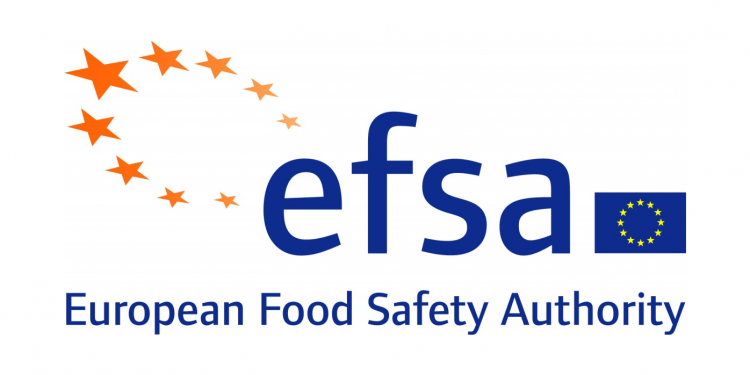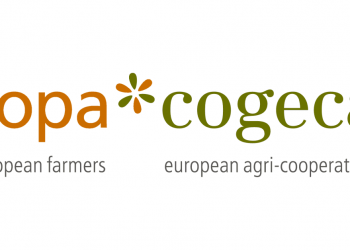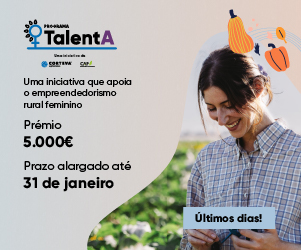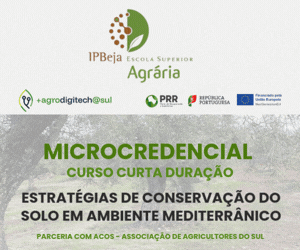Tomorrow, EFSA kicks off a two-day scientific colloquium to gather views and insights from leading scientific minds, representatives of European, international and national agencies, technology companies and food operators, consumer groups and an array of individuals and other organisations with an interest in this highly topical issue.
EFSA’s aim is to ensure we are taking into account all the latest scientific and risk assessment developments in setting standards for evaluating the safety of these new food technologies. We also want to engage with producers and wider society.
As an appetiser to the event, which is being streamed online live, we spoke to experts in this field to illustrate some of the scientific issues involved and the social and economic backdrop.
What are tissue engineering and precision fermentation?
Ramiro Alberio, one of the panellists at the EFSA colloquium, is a professor of developmental biology at the University of Nottingham in the UK.
Prof Alberio said: “Cell and tissue engineering allows the cultivation of cells and tissues separately from an entire organism. For example, starting from only a few cells sourced from a muscle or another organ, these cells can be grown under controlled conditions without the other parts of the organ.
“Cellular engineering is already being used in medicine to regenerate tissues or replace damaged or diseased cells. The technologies are advanced now and could be applied in other areas, such as the agri-food sector.”
So-called precision fermentation is a technology that uses microorganisms to produce specific products such as proteins, human-identical milk oligosaccharides, vitamins or fibre.
Prof Alberio said: “Precision fermentation has been in use already for years to produce medicine such as insulin and food enzymes, for example in cheese production. The science behind this technology is constantly evolving, increasing the array of potential food applications.”
Are foods and food ingredients produced with these technologies safe?
It is EFSA’s role to evaluate the safety of novel foods in the EU, including those derived from new technologies such as cell culture and tissue engineering.
Wolfgang Gelbmann is a senior scientific officer at EFSA in the novel foods area and overall rapporteur for the colloquium.
He said: “So far EFSA has not been asked to evaluate any food derived from cultured animal cells, what people might call ‘lab-grown meat’. But we have assessed several novel food ingredients produced through precision fermentation.
“We expect to receive novel food applications on cell-culture derived foods in the coming months and years. So, we are keeping pace with the science to stay prepared when such applications arrive.”
Experts from EFSA’s Panel on Nutrition, Novel Foods and Food Allergens (NDA Panel), particularly its Novel Foods Working Group, will carry out these evaluations.
“We are confident,” said Dr Gelbmann, “that the novel foods guidance prepared by our experts together with EFSA’s other applicable cross-cutting guidance documents are fit for this purpose. Indeed, we’ve evaluated over a hundred applications covering a wide diversity of novel foods using these guidelines in recent years. Nevertheless, we routinely review them to keep them up to date with advances in science and technologies.
“We regularly meet with stakeholders on novel foods in scientific events and workshops to discuss technological challenges and safety aspects. The colloquium is an important ingredient in this ongoing dialogue.”
Who decides if cell culture-derived food is ready for the market?
Actual production of cell culture-derived food in the EU is in its infancy but rapidly growing, as in the rest of the world, but no application has been received yet.
As an independent scientific advisory body, EFSA has no say in EU decision-making and is neither for nor against the use of a new food technology such as cell culture-derived food. Our assessments provide scientific input on the safety of such products for European consumers.
Decisions on the market authorisation of novel food products and labelling requirements are made by the EU regulators, i.e. the European Commission together with EU Member States. Safety for consumers is also the priority for regulators, but they may also consider economic, animal welfare, social and/or other aspects in their decisions.
The Commission has previously stated that cell culture technology is a potential contributor to help achieve the objectives of the EU’s farm to fork strategy for fair, safe, healthy and environmentally sustainable food systems.
The technologies are advanced, though the capacity to produce and market these foods is likely to increase if producers believe the products have a future. Ultimately, consumers will decide if they do.
What do consumers think?
Prof Michael Siegrist leads ETH Zurich’s research group on food and consumer behaviour and has studied consumer perceptions of new technologies including cell culture-derived foods.
He said: “The perceived naturalness of food or food technologies is a critical factor for consumers. If either are perceived as unnatural, consumer acceptance is usually difficult to achieve.
“Cell culture-derived meat is a good example. In many studies, most participants indicated a low willingness to even try it.
“This reliance on ‘naturalness’ is a mental shortcut, called a ‘heuristic’, that all people take: ‘if it’s natural, it can’t harm me, in fact, it must be good for me’. The opposite applies to what is not natural.”
Communication about the potential social and economic benefits also plays a role in consumer acceptance of new foods. For example, many consumers are unaware of the environmental impact of meat production, which may help to explain their unwillingness to reduce their meat consumption or eat alternatives.
“In the end,” said Prof Siegrist, “price and taste are the main drivers for most consumers. In the distant past, novel foods in Europe such as tomatoes and potatoes became important staples, more recently chia seeds and quinoa. It remains to be seen if people will overcome the psychological and information barriers to cell culture-derived food. But it will certainly only be the case if products like cell culture-derived meat taste as good and are cheaper than the traditional alternatives.”
EFSA’s scientific colloquium starts at 9.00 on 11 May and ends on 12 May at 12.30. Find out more about the programme and follow the discussions online here.
O artigo foi publicado originalmente em EFSA.



